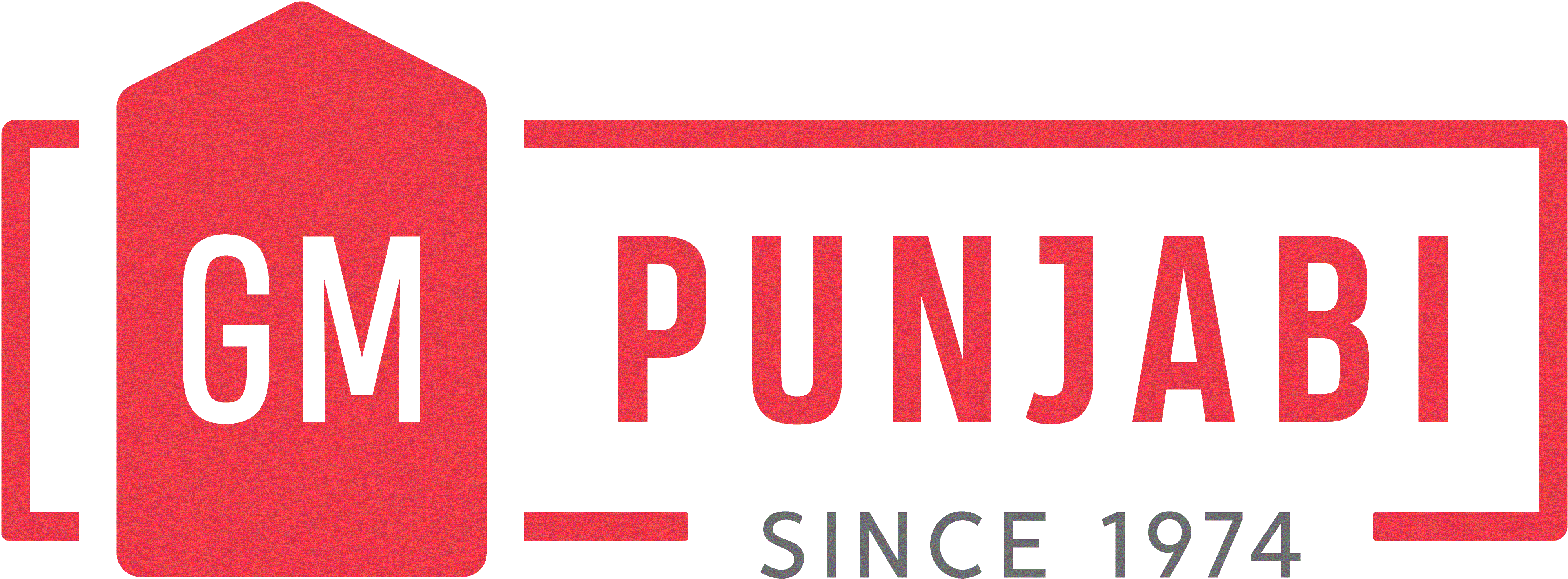Security Officer
- Pamplemousses
- 21,000 - 30,000
- Permanent
- Added 05/09/2025
- Closing 05/10/2025
- HR Team
The security officer will be responsible for protecting people, property, and assets from harm, theft, and other illegal activities. The person will maintain a safe and secure environment by being a visible deterrent, monitoring threats, and responding to incidents.
The security officer will be responsible for protecting people, property, and assets from harm, theft, and other illegal activities. The person will maintain a safe and secure environment by being a visible deterrent, monitoring threats, and responding to incidents.
Key Responsibilities and Duties
- Regularly patrol the premises on foot or in a vehicle to ensure all doors, windows, and gates are secure. Look for any signs of suspicious activity, hazards, or vulnerabilities.
- Control and monitor who enters and exits the property. This may involve checking IDs, verifying credentials, issuing visitor badges, and operating security gates or turnstiles.
- Operate and monitor surveillance equipment, such as CCTV cameras and alarm systems. Analyze footage and respond promptly to any alarms or suspicious activities.
- Respond to and de-escalate security incidents, emergencies, and alarms. This could include medical emergencies, fires, disorderly conduct, or security breaches. They may be the first point of contact for emergency services and assist in evacuations.
- Maintain detailed and accurate daily logs and incident reports. Documenting observations, activities, and incidents is crucial for record-keeping and for any potential investigations by management or law enforcement.
- Enforce company policies and legal regulations on the premises. This may involve addressing rule infractions, issuing warnings, or restraining trespassers.
- Act as a public-facing representative for the organization, providing assistance, directions, and a friendly, professional presence to staff, visitors, and customers.
Skills and Qualifications
A successful security officer typically possesses the following:
- Proven experience in a security role, military, or law enforcement is often preferred.
- A solid understanding of public safety, security procedures, and relevant legal guidelines.
- Excellent observational skills and a keen attention to detail to detect and analyze potential threats or suspicious behavior.
- Strong verbal and written communication skills for interacting with people and for creating clear, concise reports.
- The ability to think critically, exercise good judgment, and remain calm and decisive under pressure.
- Physical ability to perform patrols, stand for long periods, and respond quickly to incidents.


